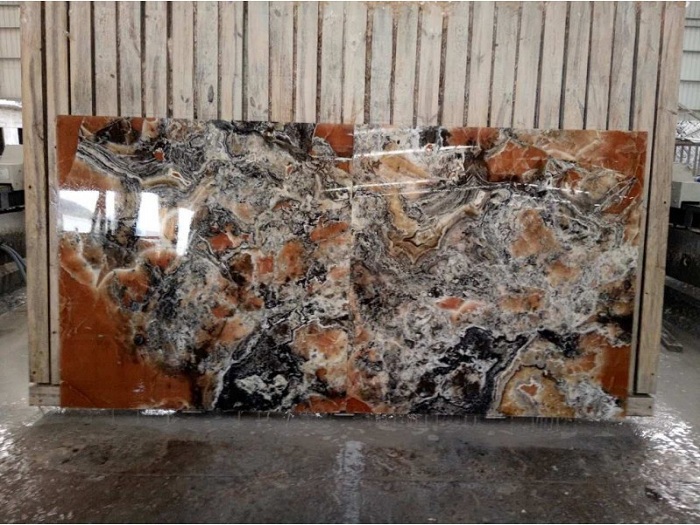Boom the stone market by lifting sanctions

A member of the board of directors of the Mahaleh City Stoneworkers Guild announced the boom in the stone market in the near future.
According to the International Stone Exhibition of Iran, a member of the board of directors of the Association of Stone Sawers in the districts said the boom in the stone market would require the lifting of banking sanctions, saying: "With the implementation of the provisions of the 5 + 1 agreement and lifting the banking market sanctions will flourish. We can hope that the export discussion is well done.
Hassan Ismaili described the position of Iran's stone industry in the world as "zero" and said: "For the past two years, this year the export of stone industry is in dire straits.
"Export problems are the problem of money transfers due to bank sanctions and the lack of foreign buyers' confidence in our exporters," he said. If buyers ask to get the stone first, then pay for it. The reason for this mistrust is not so clear, perhaps because of a custom delivery other than a customer order that has given us pessimism about global markets. With sanctions and restrictions on money transfers, this process can take up to two years!
Hassan Ismaili also described non-exporters as bankruptcies and said: VAT is one of the problems of stone mills. The factory owner can in no way take away from the customer nine percent VAT and give it to the government.
He added: "As a factory owner I have to sell ten thousand tomans with a value added of nine percent, twelve thousand tomans. My neighbor may give the same stone to the customer for six thousand toman (6,000 tomans), because in bad economic circumstances it needs the six thousand tomans, which is a definite loss to the factory, because its electricity may be cut off and the hammer returned. In these circumstances, it turns out that the customer does not buy from me, who sells the stone for twelve thousand tomans, and prefers the stone for six thousand tomans.
A member of the board of directors of the Mahalat Association of Stone Sawmillers, criticizing the government's performance in failing to meet the energy subsidy for the manufacturing sector, said that no electricity subsidy would be given to the factories and that 25% of the electricity costs would be added in spring and summer. On the other hand, our machines are all old and obsolete and consume a lot of electricity.
He added that machinery should be replaced every 15 years. Even in bankruptcy, infrastructure cannot be renovated. Loans for renovation also have thousands of difficult conditions and high interest rates so that factory owners will not go for these loans.
Hassan Ismaili described the workforce as a problem for the stone industry and criticized the Ministry of Labor's practice of "banning the use of Afghan workers" and said that the number of workers who did hard labor was reduced. The Iranian worker does not work hard. The Afghan labor force has always been used in the stone sector, but police occasionally arrest these remaining workers, and the Labor Department imposes heavy fines on the factories.
"The worker has to work for two months to learn the job," he added. When he learns the job, the police arrest him and the new worker comes and learns the job, the production is hit and the cycle is repeated constantly. On the other hand, the Labor Office does not give us a job and says it is not our job to find a worker yourself!
* City










